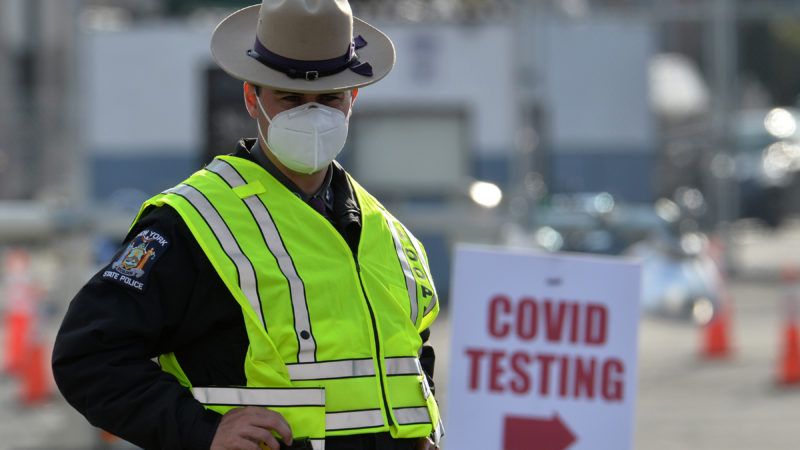People, Not Politicians, Will Decide When the Coronavirus Shutdown Ends
It's not the politicians who have the power to reopen America, or at least the parts that are now closed. It's individuals, families, businesses, and religious congregations.

In the fight between the governors and President Trump over who has the authority to reopen America, the politicians have it wrong.
It's not the politicians who have the power to reopen America, or at least the parts that are now closed. It's individuals, families, businesses, and religious congregations.
The politicians can help by eventually lifting lockdown orders and school closures. That will make it easier for individuals, families, businesses, and religious congregations to resume more normal patterns of activity without the hassle of a legal challenge.
But when America reopens, it won't be the response to top-down orders from politicians. That's not how America works, not how the world works. If the president or governor says "open" and hospitals and funeral homes are clogged with Covid-19 critical cases and fatalities, plenty of people are going to remain in place based on the assessment that it's not worth risking death to comply with some politician's restart timeline. America is not a light switch or a sink faucet that can be turned on and off at will.
As Nate Silver, who has been an admirably level-headed guide to the pandemic throughout, put it, "people will vote with their feet."
What are the relevant motives?
Children want to see their parents. Parents want to see their children. Grandparents want to see their grandchildren. People who haven't yet started families want to go on in-person dates.
Business owners want to make money. They've invested labor, capital, and reputation in stores, restaurants, factories, and offices that are now empty or idle. The profit motive is a strong motive. The first restaurant or bar or theater or concert hall or museum to re-open, if it does so safely, will draw a crowd of paying customers.
The religious motive is also strong. The New Boston Post, in a memorable editorial, put it this way: "Christians need churches to tend to their souls….[C]hurch leaders need to begin the process of reopening their churches. By 'process' we mean series of steps that lead to churches eventually reopening their doors to anyone who wants to come….Each bishop or pastor or church council should come up with a plan today that sets forth a date certain when the church these people administer is going to open."
The editorial went on: "Church leaders should begin this process without any regard for the civil authorities. The civil authorities have their proper role, but it is limited. Our federal and state constitutions explicitly limit the role of government when it comes to religion. Can governors order churches to close? No."
Timothy P. Carney, writing in The Washington Examiner, makes a similar point: "Let the church close every other pew. Maybe allow only one family per pew. Pastors could bar socializing, hugging, and shaking hands and instruct every family or individual to stay at least 6 feet away from every other family or individual."
Carney writes, "A well-spaced mass, shul, or worship service in the church building could be far safer than it is currently to shop at Home Depot. Since we allow shopping at Home Depot, let's allow worshiping at church."
Against all these are the motives to stay alive and to avoid infecting others.
Who has the best information to weigh these risks, the costs and benefits of each trip out versus staying home? Not a governor or a president, but an individual. Different people may have different tolerances for risk. For some people that trip to a restaurant or a place of worship may be a risk worth taking. For others it is not. For sure, each individual decision can affect other people—one person who takes too much risk and gets sick means one fewer hospital slot available for someone else. But that is true in many areas of American life, and it hasn't until now caused the country or states to be locked down.
The best plan for reopening America is one that sticks to American values—one that emphasizes freedom, competition, choice, and diversity, not one-size-fits-all compulsion or command-and-control authoritarianism. It's a conception, outlined in the Declaration of Independence and the Constitution, in which government's role is protecting natural or God-given freedoms of individuals, families, businesses and religions, rather than turning them off or on a schedule, even in the service of public health.


Show Comments (148)